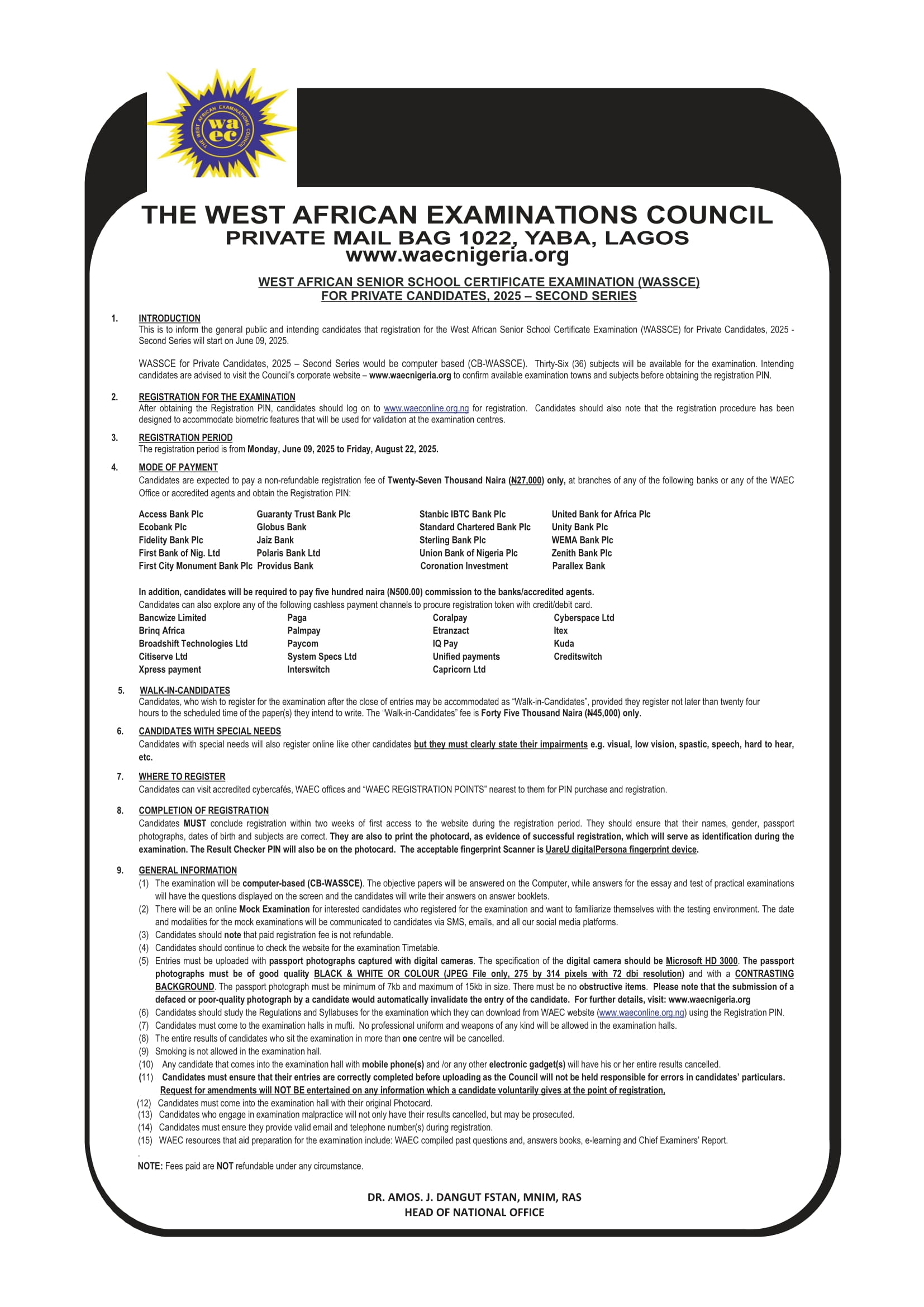
Oil
Oil Markets on Edge After Volatile Week

Oil markets are on edge at the end of what has been a very volatile week for both Brent and WTI. Recent reports of an Iranian retaliation to Israel’s latest strike have pushed oil prices higher but demand concerns are capping any gainsl, OilPrice.com reports.
No sooner had OPEC+ depressed market sentiment by admitting a potential rollover of its cuts into 2025, Iran reemerged as the main talking point of the markets. Having downplayed the Israeli retaliatory strike, the oil markets are now anticipating an Iranian attack on Israel, using a large number of drones from Iraqi territory. A semblance of geopolitical risk premium has lifted ICE Brent futures back to $74-75 per barrel, ahead of a particularly jittery week when the United States votes for its president.
OPEC+ could postpone its planned increase of oil production, bringing back the 2.2 million b/d output under eight countries’ voluntary cuts, citing concerns about soft oil demand, particularly on the heels of China’s slowing down, as well as rising non-OPEC supply.
The UK government will increase its windfall tax on oil and gas production in the North Sea from 35% to 38% and extend the levy by one year to March 2030, despite a widespread exodus of oil majors after both ExxonMobil and Chevron sold all their assets this year.
Japan’s leading gas firm Tokyo Gas (TYO:9531) is in talks with Woodside Energy (NYSE:WDS) over taking a stake in US LNG developer Tellurian after the latter closed its $1.2 billion takeover this month, marking yet another Japanese investment into US gas.
The world’s leading trading firm Trafigura will post a $1.1 billion loss after an internal audit revealed widespread fraud in its Mongolian petroleum oil product supply business over the past five years, including data and document manipulation.
UK-based energy major Shell (LON:SHEL) has started arbitration proceedings over the two-year delay in term deliveries from Venture Global’s Calcasieu Pass facility, allegedly losing billions as the US developer still claims the plant is not fully commissioned.
The US Treasury announced new sanctions imposed on Novatek’s Arctic LNG 2 liquefaction terminal, Russia’s latest LNG project in the Arctic, targeting construction service provider Smart Solutions and four LNG tankers run by newly created UAE firms.
After long deliberations, the European Union has decided to ramp up tariffs on Chinese-build electric vehicles to as much as 45.3%, saying that China’s EV production benefits from preferential financing and land grants, risking future retaliation from Beijing.
The Vietnamese government stated that Saudi Arabia’s state oil firm Saudi Aramco (TADAWUL:2222) wants to invest in the Asian country’s refining sector, signing a memorandum of understanding for potential cooperation in storage, supply, and trading.
Norway’s state oil firm Equinor (NYSE:EQNR) boosted its portfolio of non-operated US shale assets after it bought EQT’s (NYSE:EQT) gas interests in the northern Marcellus basin for $1.25 billion, taking its stake to 40.7% as most of the assets are still operated by Expand Energy.
China’s top upstream firm CNOOC (HKG:0883) signed an exploration and production contract with Iraq to develop the onshore Block 7, with the state-owned firm holding 100% interest over a massive territory covering more than 6,000 km2 in Diwaniyah province.
Argentina’s privately owned upstream firm Pluspetrol is gradually becoming the second largest player in the country, now agreeing to buy ExxonMobil’s (NYSE:XOM) assets in the country’s Vaca Muerta shale play for a consideration of $1.7 billion.
According to media reports, Saudi Arabia is closing in on a deal to take a stake in First Quantum Minerals’ Zambian copper and nickel assets for $1.5-2.0 billion, with the country’s mining company Maaden expecting to seal the contract by the end of this year.
Victor Rodriguez, the new chief executive of Mexico’s state oil firm Pemex, said that the country would welcome private investment in exploration and production of crude and natural gas under President Sheinbaum, a policy change compared to AMLO years.
About The Author

